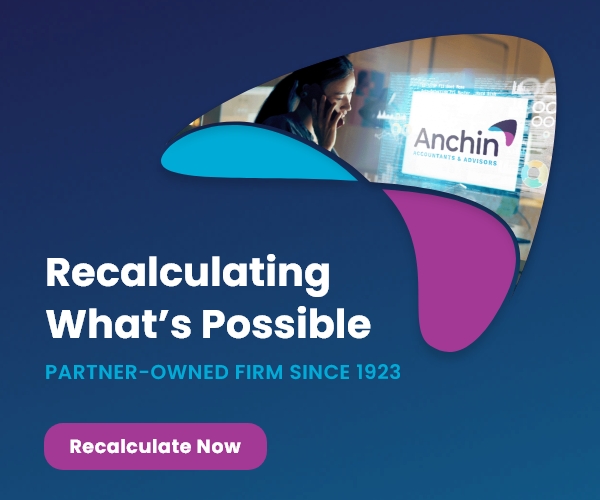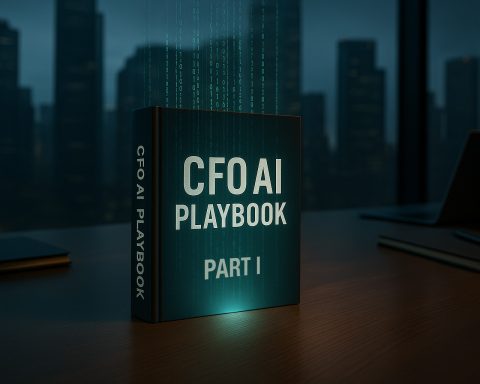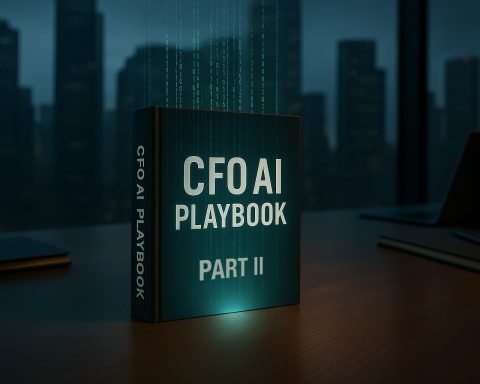Melissa Bustarde, a transactional business attorney based in San Diego County, delivered a highly informative presentation on the Corporate Transparency Act to The Financial Executives Networking Group, providing insights into the relevance and implications of this legislation for small businesses and its compliance mandates.
During her presentation, Bustarde dissected the Corporate Transparency Act, shedding light on its underlying rationale, the entities it impacts, the potential exemptions it offers, as well as the reporting obligations for beneficial owners. More importantly, she explored the ramifications of the Act on businesses, the determining factors for substantial control and ownership, and the effect on trust ownerships.
Bustarde explained that the Corporate Transparency Act was enacted by Congress in 2021 with a primary goal to combat tax evasion, money laundering, and other financial malpractices by unraveling the individuals behind certain business entities. She highlighted the applicability of the Act to various business entities, and its requirement of detailing the beneficial owners who exercise substantial control over the company. These reports are to be filed with the Financial Crimes Enforcement Network (FinCEN), a part of the US Department of Treasury.
Bustarde further elucidated on the 23 exemptions available under the Act like those for publicly traded companies, nonprofits, and large operating businesses, underlining the vitality of understanding the criteria for each exemption to ensure compliance. She also deliberated on the definition of substantial control, which includes senior officers, decision-makers, and individuals who influence the company’s critical decisions. Plus, she examined the ownership criteria, indicating direct and indirect ownership of 25% or more in the company.
Bustarde’s presentation also dipped into the complexities of trust ownerships and the reporting obligations for trustees, grantors, and beneficiaries, emphasizing the importance of analyzing trust documents to identify the suitable individuals for reporting.
Bustarde’s in-depth presentation provided valuable insights into the intricacies of the Corporate Transparency Act and its bearing on businesses. The detailed explanations regarding the Act’s reporting requirements, exemptions, and ownership criteria offer financial executives a clear understanding of the Act’s enforcement challenges. The insights provided by Bustarde will undoubtedly enable CFOs, Controllers, and Treasurers to navigate the regulatory landscape more effectively.
About Melissa Bustarde:
Melissa Bustarde is a California licensed attorney and is a partner at Branfman Mayfield Bustarde Reichenthal LLP
She has been practicing transactional business law for almost 19 years. Melissa serves small to medium-sized businesses and individuals, handling entity formation and serves as outside general counsel for her business clients. In that role, she advises her clients on corporate governance, legal compliance and contracts. She has advised hundreds of clients concerning their businesses. She also works on sales of businesses under $5 million (representing buyer or seller) in both asset and stock sales.
Melissa strongly believes in the concept of preventative law. If deals are structured and documents are prepared correctly the first time around, it will minimize and can even avoid disputes and litigation down the road. A deal done on a handshake is no longer enough in today’s litigious sociality. She incorporates that philosophy, in addition to looking at the bigger picture, in advising all of her clients.
Melissa is past President of the North County Bar Association and is the current chair of the North County Bar Association’s Legislative Committee.
























